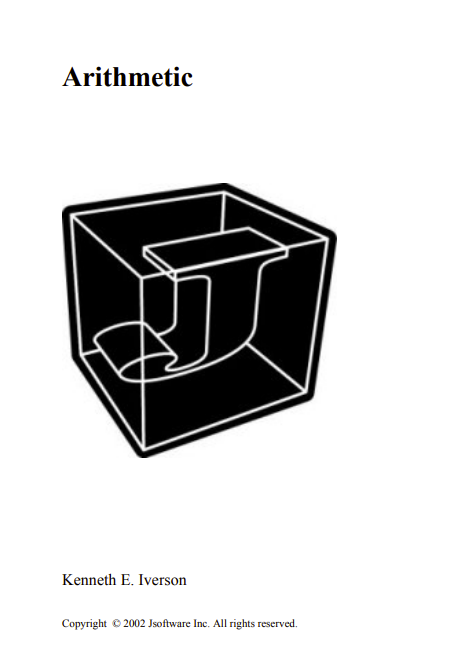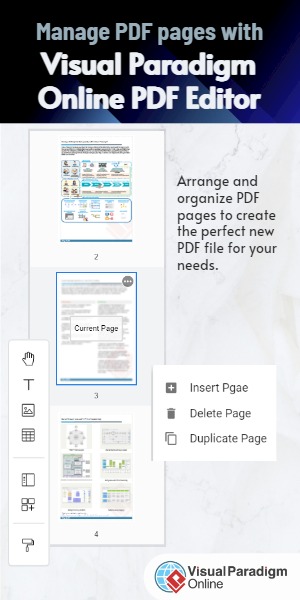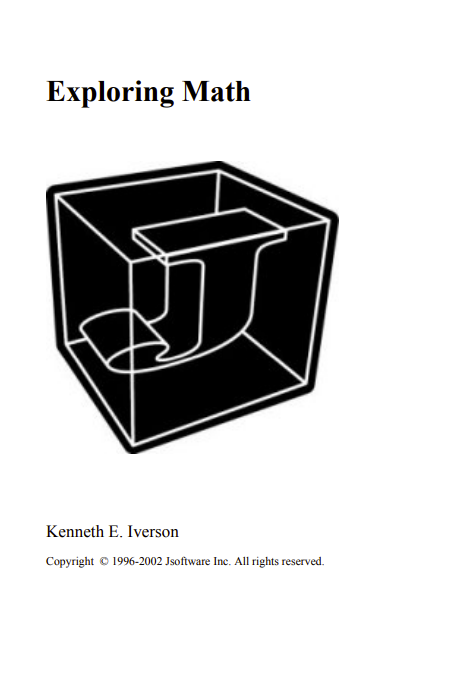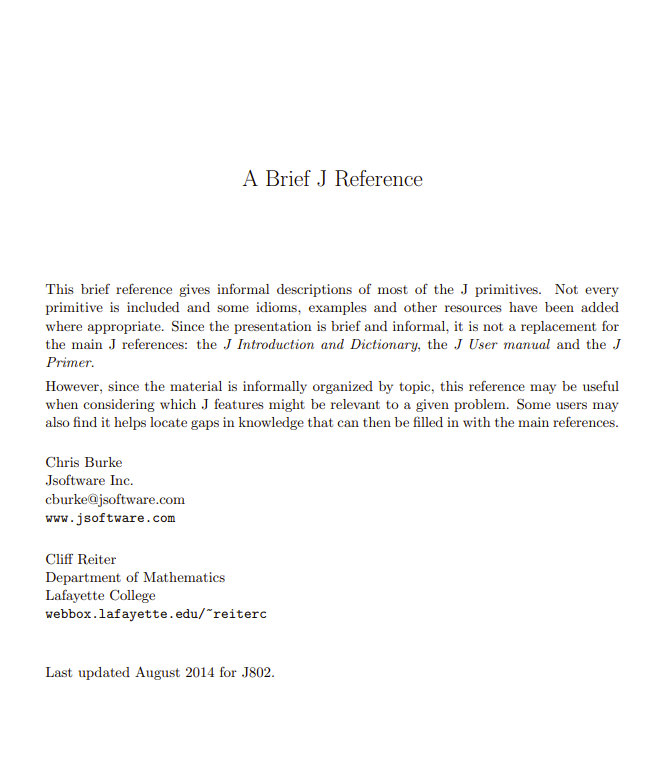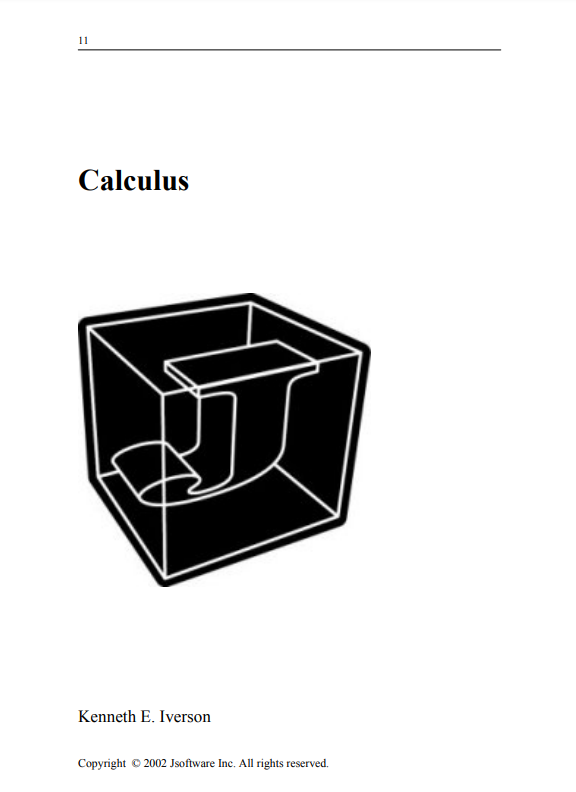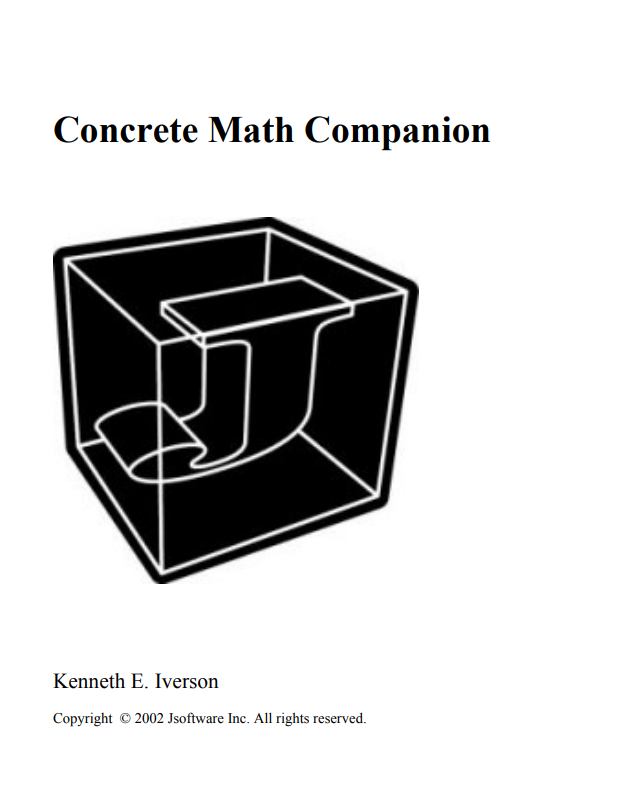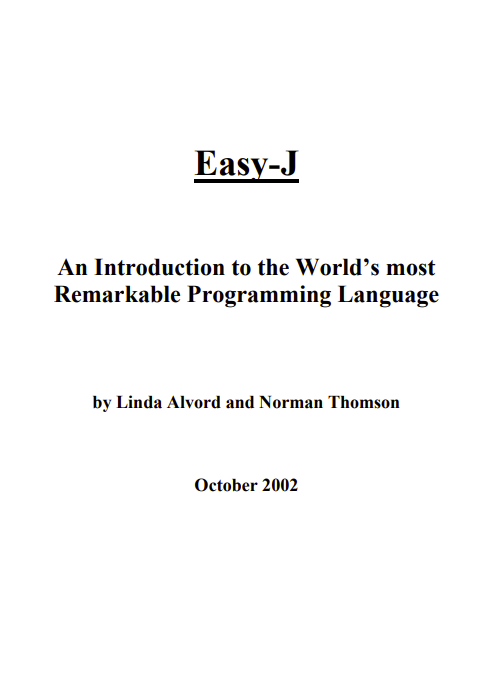Arithmetic is the basic topic of mathematics. According to the American Heritage Dictionary, it concerns “The mathematics of integers under addition, subtraction, multiplication, division, involution, and evolution.”
The present text differs from other treatments of arithmetic in several respects:
The provision of simple but precise definitions of the counting numbers and other notions introduced.
The use of simple but precise notation that is executable on a computer, allowing experimentation and providing a simple and meaningful introduction to computer programming.
The introduction and significant use of fundamental mathematical notions (such as vectors, matrices, Heaviside operators, and duality) in simple contexts that make them easy to understand. This lays a firm foundation for a wealth of later use in mathematics.
Emphasis is placed on the use of guesses by speculation and criticism in the spirit of Lakatos, as discussed in the treatment of proofs in Chapter 5.
The thrust of the book might best be appreciated by comparing it with Felix Klein’s Elementary Mathematics from an Advanced Standpoint. However, I shun the corresponding title Arithmetic from an Advanced Standpoint because it would incorrectly suggest that the treatment is intended only for mature mathematicians; on the contrary, the use of simple, executable notation makes it accessible to any serious student possessing little more than a knowledge of the counting numbers.
Like Klein, I do not digress to discuss the importance of the topics treated, but leave that matter to the knowledge of the mature reader and to the faith of the neophyte.
